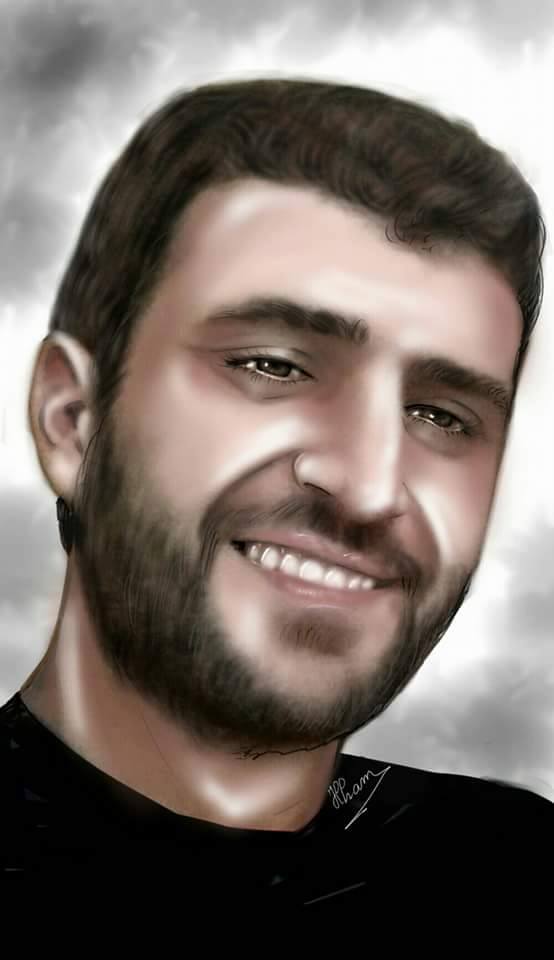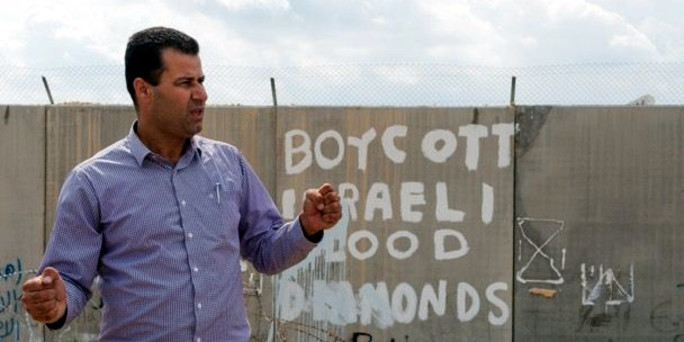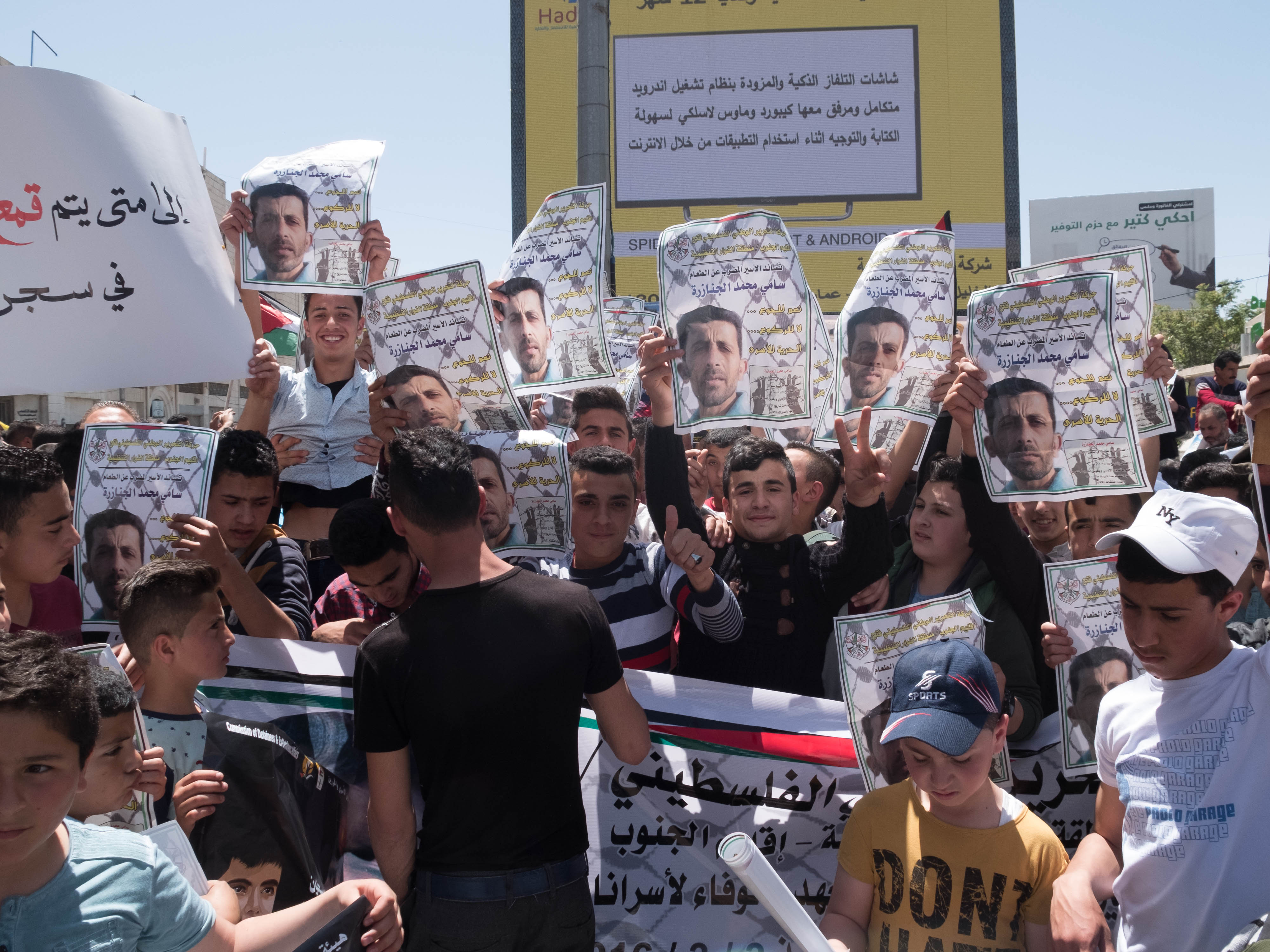Tag: Prisoner
-
Interview with the wife of the Palestinian prisoner Mohamed Najeeb Nazal, recently kidnaped in an Arab country and handed to Israel
29th May 2016 | International Solidarity Movement, Gaza-team | occupied Palestine Mohamed, 33 years old, is originaly from Qabatia, a Palestinian city located near Jenin, in the occupied West Bank. He lived there until he left Palestine in 2007, after the murder of his brother at the hands of the Israeli occupation and the death…
-
Human Rights Defender Abdullah Abu Rahma arrested and detained
15th May 2016 | International Solidarity Movement, al-Khalil Team | Bil’in, occupied Palestine UPDATE 23d of May 2016: Abdullah was released from military prison on the evening of the 22nd. He must return to military court on the first of June for a hearing of the appeal of the military prosecution against the decision to…
-
Sami Janazreh enters 46th day of hunger strike
17th April 2016 | International Solidarity Movement, Al-Khalil Team | Hebron, occupied Palestine Today volunteers from ISM attended a demonstration in Al-Khalil for Prisoners’ Day. Once the main demonstration had ended in the city a group of young Palestinians invited the volunteers to the Fawwar refugee camp outside the city. At the camp they were…



